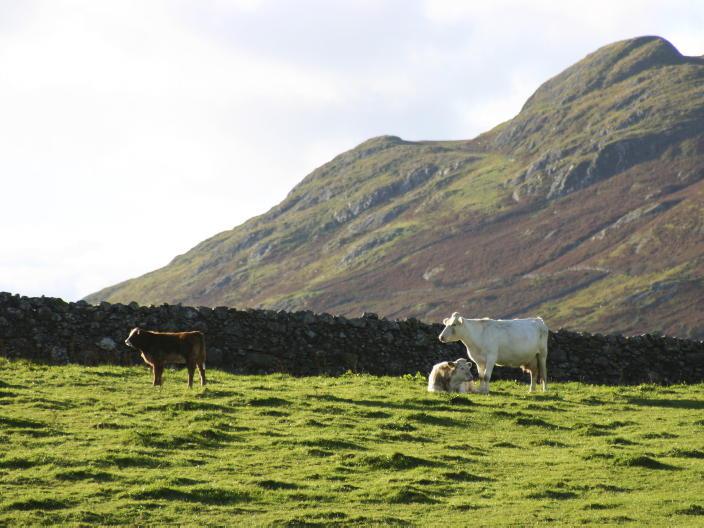Farm organisations have aired concerns that restrictions for farmers on peatland and wetland soils in the next CAP will make farming in these areas almost impossible.
A meeting of the Oireachtas agriculture committee was told that a new cross compliance condition, GAEC 2, requiring appropriate or minimum protection of carbon-rich soils was designation by the backdoor.
Irish Farmers Association (IFA) president Tim Cullinan said the introduction of GAEC 2 in 2023 cannot lead to the imposition of new, additional bureaucratic requirements on farmers.
He said much of Ireland’s carbon rich soil had been farmed for generations and the proposals could affect up to 300,000ha of drained agricultural peatland.
He said the best way to achieve GAEC 2’s objectives was through a properly funded agri-environmental scheme.
Irish Creamery and Milk Suppliers Association (ICMSA) president Pat McCormack said farmers on carbon rich soils must be allowed to continue productively and economically farming.
This is very far from protecting this land and the people that farm it
Irish Natura and Hill Farmers Association (INHFA) president Colm O’Donnell said the proposal would make land ineligible for payment and that it “smelled like a derogation”.
He said farmers complying with the GAEC standard would prevent land meeting eligible hectare requirements.
Land being differentiated for CAP payments based on its soil type was unprecedented, O’Donnell said.
“This is very far from protecting this land and the people that farm it. The objective is to sterilise the land and sequester carbon to offset unsustainable activity elsewhere,” he said.
He stressed that the policy of designation had not worked for farmers or the environment and the upcoming proposals would result in a similar failure.
Independent TD Michael Fitzmaurice said it was a worrying development to see mineral land and peatland separated out for direct payments.
Fitzmaurice said huge areas of the country would come under pressure from the proposals.
He said it was not the Department’s intention to set a standard that would render any lands ineligible
He said a document he had seen originating in Brussels was clear that farmers on these lands would require a derogation to keep land eligible. He said it would prevent work such as draining land.
Senior Department official Paul Savage tried to allay the fears of the committee.
He said it was not the Department’s intention to set a standard that would render any lands ineligible. He said member states had the flexibility to set the conditions.
Savage said the Department intended to set a standard that was manageable for farmers while upholding the regulation’s requirements and allowing scope to build on them under eco-schemes.






 This is a subscriber-only article
This is a subscriber-only article











SHARING OPTIONS: